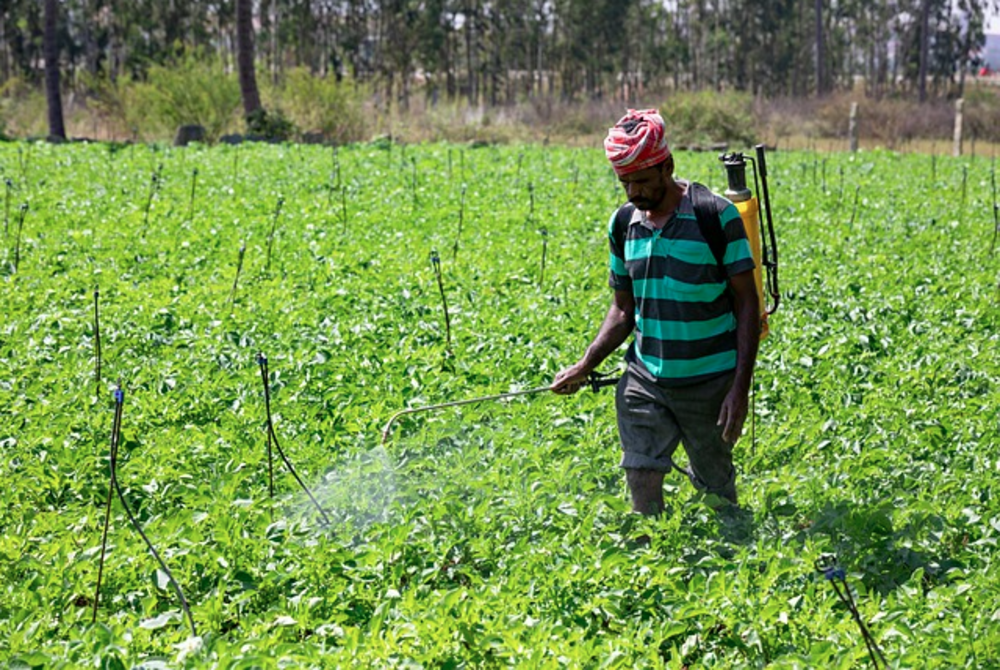Johor Plantations aims to achieve man-to-land ratio of 13.24 hectares in 2025

KUALA LUMPUR - Johor Plantations Bhd, a subsidiary of Kulim (Malaysia) Bhd (KMB), aims to achieve a man-to-land ratio of 13.24 hectares by 2025 from 11.14 hectares currently, reducing reliance on labour, improving operational efficiency and enhancing workers’ productivity and earnings, managing director Mohd Faris Adli Shukery said.
He said the company has made significant efforts to mechanise its operations, especially in harvesting fresh fruit bunches (FFB) and other fieldwork.
"Our labour requirements are almost back to pre-pandemic levels. Our mechanisation efforts are crucial in mitigating such impacts by increasing labour efficiency,” he told Bernama in an email interview.
He said digitalisation is also set to greatly enhance the company’s operation management, improving efficiencies end-to-end.
Mohd Faris said the company has also been using drones for mapping purposes and would be extending drone technology to the application of fertilisers and hormones.
"We are also looking to improve our traceability from the estate to mills to consumers, which would add a premium to our crude palm oil (CPO).
"We had targeted 100 per cent traceability by 2025 but may achieve this goal earlier given the pace with which we are rolling out our digital infrastructure,” he said.
Johor Plantations has a planted oil palm area in Malaysia spanning 56,196 hectares, encompassing 23 estates and five mills, which are all Roundtable on Sustainable Palm Oil (RSPO) and Malaysian Sustainable Palm Oil (MSPO) certified.
The company has a workforce of almost 5,000 with 80 per cent of its workers being foreigners.
Mohd Faris said Johor Plantations had also embarked on enhancing and migrating its daily operational system using a new integrated system called the Kulim Plantation Management System (K-Plant).
"This system adds efficiencies by recording critical data such as daily workers’ attendance, bunch and loose fruit data and others,” he said.
Meanwhile, he said Johor Plantations has implemented measures to reduce its carbon footprint and minimise waste.
"We are targeting a 50 per cent reduction of our carbon footprint by 2025 from the baseline in 2012 at 1.72 tonnes of carbon dioxide equivalent per tonne of CPO (1.72 MT CO2e/MT CPO) and we are on track to achieve this target.
"Additionally, we aspire to achieve net zero carbon emissions by 2050 in line with Malaysia’s carbon aspirations,” he said.
Mohd Faris, who is also a director of KMB, said KMB is currently undergoing a comprehensive transformation programme as part of its longer-term strategy to emerge as a prominent player in the agribusiness sector by 2025.
He said since the company’s delisting in 2016, substantial progress and improvements have been achieved and it has undertaken a comprehensive programme of change, focusing on core aspects such as enhancing financial and corporate structures, strengthening governance practices, embracing digital transformation and driving performance improvements.
"Under the business reorganisation, KMB’s plantation arm, Johor Plantations, owns and manages plantations and mills in Malaysia, focusing on the state of Johor and is involved in oil palm cultivation and the processing of FFB into CPO and palm kernel,” he said.
He said in the plantation sector, KMB planned to expand into the downstream plantation industry by collaborating with established players in the development of refineries.
Mohd Faris said this strategic move aimed to establish a fully integrated supply chain, allowing KMB to produce specialty products that are in high demand and generate better margins.
He said in the agro-food segment, KMB would continue to diversify its portfolio by introducing a wider range of fruit and vegetable varieties.
"Ultimately, our goal is to produce an ample quantity of fruits and meat to enter the export market.
"To further stimulate growth in our livestock business, we have plans to renovate and upgrade our abattoir facility, paving the way for specialised meat cutting and processing,” he added. - BERNAMA









